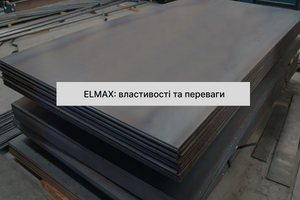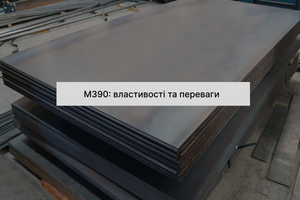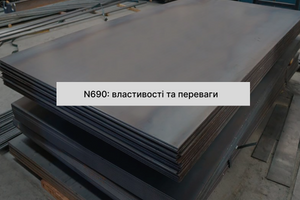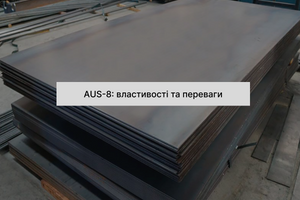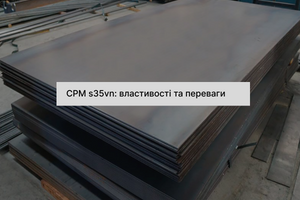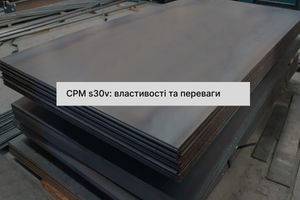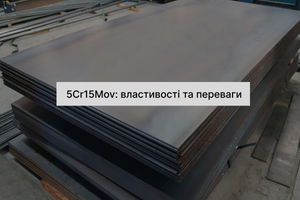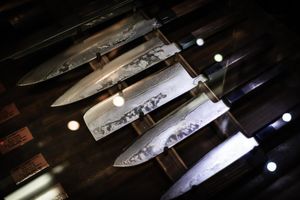CPM MagnaCut is a revolutionary steel produced by Crucible Industries, a leading manufacturer of special alloys and steels located in Syracuse, New York. It is a top-tier steel that has been specifically developed for high-performance cutting tools, particularly for the demanding needs of aerospace, automotive, and defense industries.
The specific composition of CPM MagnaCut may vary slightly depending on specific requirements and applications, but it typically contains the following components:
* Carbon (C): 1.45%
* Chromium (Cr): 4%
* Vanadium (V): 7%
* Molybdenum (Mo): 2%
* Cobalt (Co): 2%
* Copper (Cu): 1.5%
* Manganese (Mn): 0.3%
This steel is produced using Crucible Particle Metallurgy (CPM) technology, which allows for the production of steel with a uniform distribution of components thanks to the process of hot isostatic pressing of steel in the form of homogeneous powder.
The maximum hardness of CPM MagnaCut steel usually reaches around 65-67 HRC (Rockwell C), although the specific level of hardness may vary depending on specific heat treatment conditions and final application.
According to some sources, Larrin Thomas was involved in the development of CPM MagnaCut as a consultant and helped to determine the optimal steel composition for cutting tools. He also conducted numerous tests to evaluate the properties of CPM MagnaCut and published the results of his research on his website.
CPM MagnaCut is a unique steel that has its own composition and properties. However, it can be compared to other high-quality knife steels such as CPM S90V, CPM S110V, CPM M4, and others. These steels also have high hardness and strength, as well as good wear and corrosion resistance. However, CPM MagnaCut stands out for its unique combination of components, including high levels of vanadium and chromium, which provide unique properties such as high hardness, excellent wear resistance, and improved corrosion resistance.
But CPM MagnaCut is not just a high-performance steel. What sets it apart from other tool steels is the production process, which includes the use of Crucible Industries' patented Crucible Particle Metallurgy (CPM) technology. This process involves creating a homogeneous steel powder by spraying molten steel with an inert gas, followed by a hot isostatic pressing (HIP) process that eliminates any voids or defects in the material. The result is a steel with an extremely fine and uniform grain structure, which...




















